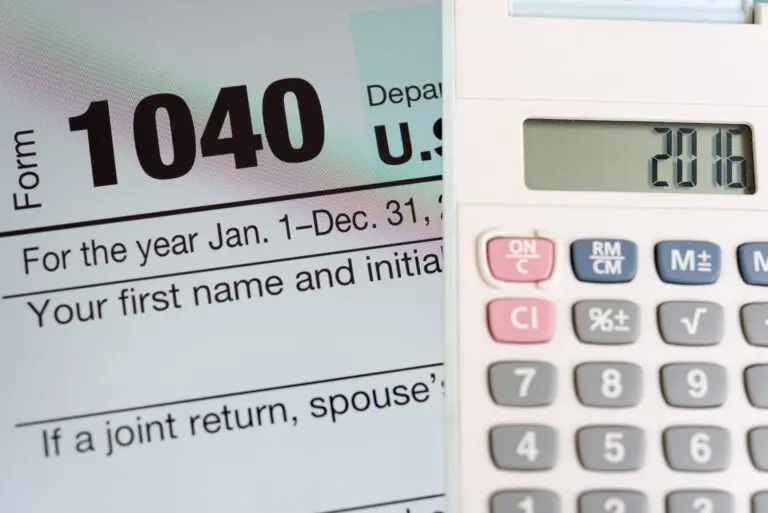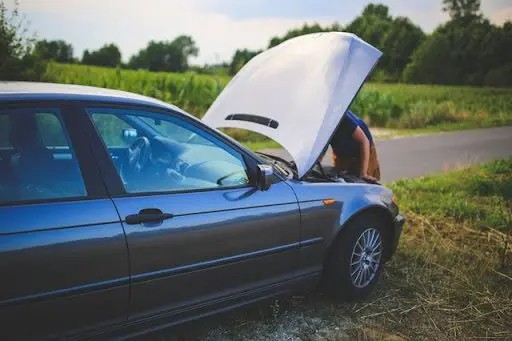Understanding the Differences Between Comprehensive Insurance and Collision Insurance
Car insurance can be hard to understand. To pick the insurer and plan that’s right for you, it’s a good idea to learn about the different components of a car insurance plan. In this article, we will break down the individual components auto insurance companies offer, such as the ones that make you compare quotes on moneyexpert.com. By better understanding what they are, you will be able to make an informed decision when choosing the best policy for your situation.

Car Insurance Components
Most car insurance plans are made up of six different types of coverage. All of these options are priced separately. It’s important to check with your local government to see what the minimum insurance requirements are. When shopping for insurance, the six types of coverage are:
- Bodily injury liability: This coverage covers the injuries that happen to someone as a result of the policyholder.
- Personal injury protection (PIP) and medical payments: This coverage is used to pay for the injuries of the policyholder and passengers. This insurance can cover lost wages, funeral costs, and medical payments.
- Property Damage Liability: This coverage is for how much the insurance company will pay to repair someone else’s property that has been damaged by the policyholder, or by the policyholder’s car when someone else was driving.
- Collision: Collision insurance covers the cost to repair the policyholder’s car after an accident with another vehicle.
- Comprehensive: Comprehensive coverage is for covering damage that results from damages other than a collision with another vehicle. Natural disasters, riots, vandalism, etc.
- Uninsured and underinsured motorist coverage: This coverage protects the policyholder in a situation where a hit-and-run or uninsured driver has injured the policyholder.
Understanding Comprehensive Insurance
Comprehensive insurance for the situations in life that are out of your control. Things like weather damage, vandalism, and most other cases where that damages to your car occur when you aren’t driving it.
When the insurance provider covers these damages, they base the repair value off of the actual cash value of your vehicle, minus your set deductible amount. Comprehensive insurance doesn’t typically cover collision costs unless the collision is with an animal. Comprehensive coverage typically covers the following situations:
- Natural disasters
- Theft
- Vandalism
- Falling objects
- Civil disturbances, such as riots, etc.
- Collisions with animals
- Glass damage
Comprehensive insurance is typically optional insurance unless you are leasing or financing a car, where the lender usually requires you to have comprehensive coverage. Learn more about comprehensive car insurance here.
Understanding Collision Insurance
Collision insurance is another insurance that can help with out of pocket costs if and when a collision occurs. Collision is another type of insurance that is typically an option unless you are leasing or financing a vehicle. Collision insurance covers the following types of situations:
- A collision with another object or vehicle
- Damages to just your car, like if your vehicle was to rollover
- Damages due to someone else having a collision with your parked car
Collision insurance does not cover the following types of situations:
- Vandalism
- Theft
- Injuries to the driver
- Collisions with animals
- loss outside of damages to your vehicle.
Do I Need Both?
Both collision and comprehensive insurance are typically option insurance packages if you own your vehicle outright. If you are leasing or financing your vehicle, lenders will usually require you to have both collision and comprehensive coverage to protect their investment.
If you are unsure if having these insurances are right for you, a good idea would be to research the value of your vehicle. This is an important aspect to consider, as these insurances typically only protect you up to the actual cash value of the vehicle insured. If your vehicle isn’t worth very much, you may not require much extra coverage.
These coverages offer excellent protection when you have a vehicle of value, and you know you won’t be able to cover costs out of pocket. Go over your budget and car value and see if adding these types of insurance to your policy is right for you.
Extra Protection Where You Need it Most
Comprehensive and collision insurance are great additions to any insurance policy. That extra security can make a world of difference if you get caught in a tough situation. Life is full of unexpected surprises; some are great; others can be unsettling. Having the extra insurance coverage on your vehicle helps ensure you are prepared to handle the situation if it ever occurs. If you want to rest easy, knowing that your vehicle is safe, take a look at adding these insurance programs to your policy today.









